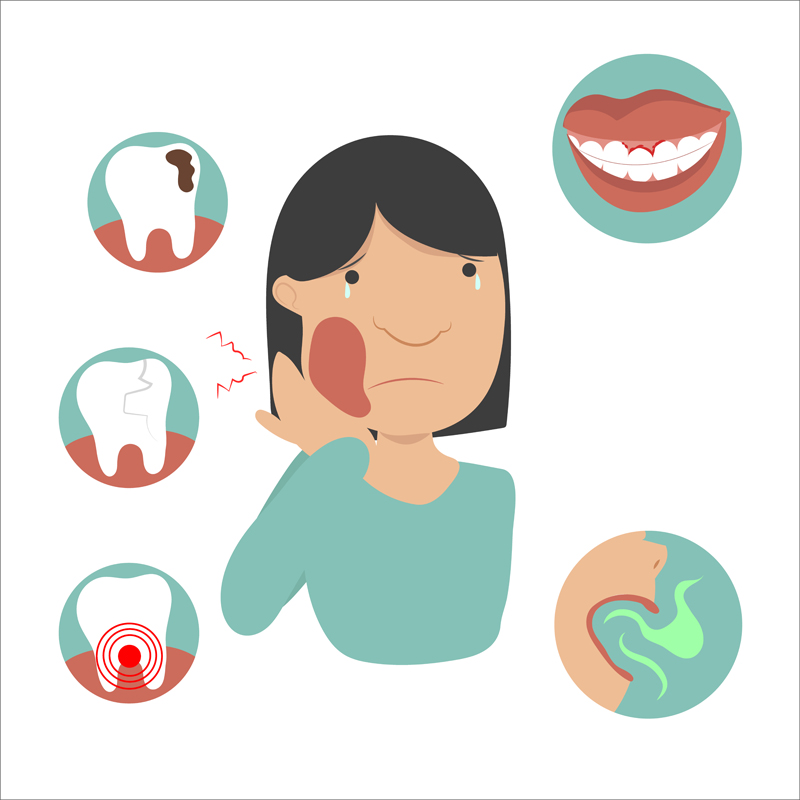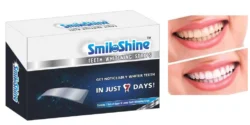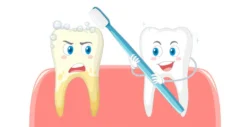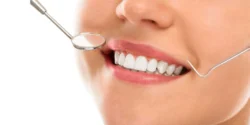Everyone wants to have a bright, white smile. But while the procedure is painless and doesn’t cause much discomfort, it’s the opposite for people with sensitive teeth. Fortunately, there are multiple ways you can get that Hollywood smile without causing an unpleasant sensation. Here are the best and safest ways of sensitive teeth whitening.
Over-the-Counter Options for Sensitive Teeth
Today, there are plenty of safe teeth whitening products available in pharmacies. Before buying, it’s best to consult with a dentist, but generally, products for sensitive teeth are labeled as such. Whitening toothpaste is the safest option but also the slowest and the least effective. These toothpastes are mostly useful to maintain whiteness, as their effects are limited. The same applies to whitening mouthwash, which also causes dryness due to its components. The more effective solution is a whitening gel, available in several forms: strips, paste, and trays. The principle is the same — the gel is applied to the teeth for about an hour, and the results become apparent quickly. Sadly, the gel can be irritating to sensitive teeth, so consult with your dentist to pick a brand that doesn’t cause discomfort.
Professional Whitening Procedures for Sensitive Teeth
As was mentioned previously, whitening gel can be irritating to sensitive teeth and gums. Professional dentists offer special procedures that remove or minimize that effect while producing the same results. For instance, they might use a gel formula that’s activated chemically rather than with heat or laser. Gels that use potassium nitrate and fluoride also help reduce potential irritation and strengthen enamel. In some cases, dentists may offer to make bleaching agents tailored to individual patients or specialized trays that minimize irritation of gums and soft dental tissues.
DIY Methods for Sensitive Teeth
Before we describe how you can whiten your teeth at home, we should emphasize that you must consult a professional prior to choosing any of the following options. DIY whitening may cause more harm than good, especially for people with sensitive teeth and gums. The most common DIY whitening method is mixing baking soda and hydrogen peroxide into a paste and brushing your teeth with it. Use a low concentration of hydrogen peroxide (<3%) to diminish the risk of irritation. Don’t do it more than 2-3 times a week to prevent enamel erosion. Rinsing your teeth with coconut oil is a safe albeit very slow method. Some online sources claim that brushing your teeth with charcoal or rinsing using diluted apple cider vinegar can whiten your teeth. We assure you that it’s harmful to people with sensitive teeth. Those substances quickly erode enamel and are irritating to gums and teeth.
We hope you found this guide helpful. Even if you have sensitive teeth, you can still safely whiten them using many effective and comfortable ways. Remember to always consult with a dental health professional before making a decision, especially if you choose to buy teeth whitening products or want to try DIY solutions.







